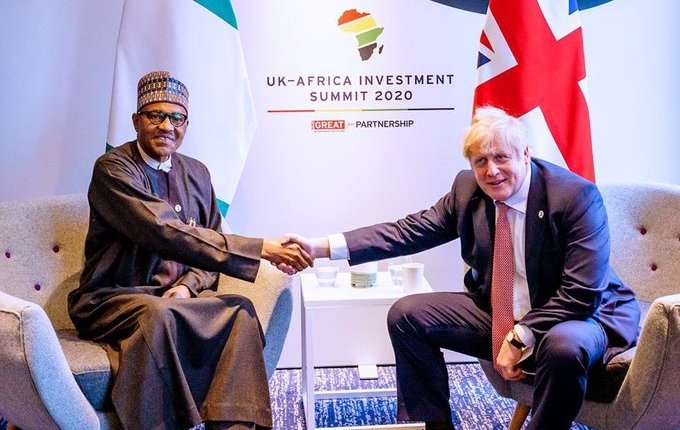Nigeria Among Top Winners $6.5billion Gains Of UK-Africa Investment Summit
Over $6.5 billion worth of commercial deals in various sectors including infrastructure, energy, retail and technology were signed at the summit. Nigeria was Among the top winners as it closed business deals with four British companies. This development is encouraging for Nigeria as the country steers away from oil dependence, any positive impacts will be longer term.
Nigeria definitely has the potential to secure a better trade deal with the UK post Brexit but this will depend on various factors. During the 11-month transition period, most of the UK’s efforts will be on the European Union and other major trading partners, meaning that African nations may be down the list on trade. However, a UK outside of the European Union may have less negotiating power which gives Nigeria and other African nations a chance to secure mutually beneficially deals.
The main event risk for the Nigerian economy this week will be the Central Bank of Nigeria (CBN) policy meeting on Friday which is expected to conclude with interest rates left unchanged at 13.5%. With inflationary pressures making a return amid border closures and the 50% increase in VAT from 5% to 7.5% possibly adding fuel to the fire, will the CBN surprise by hinting a rate hike?


Wed, Jan 22, 2020.
by Emeka Opara